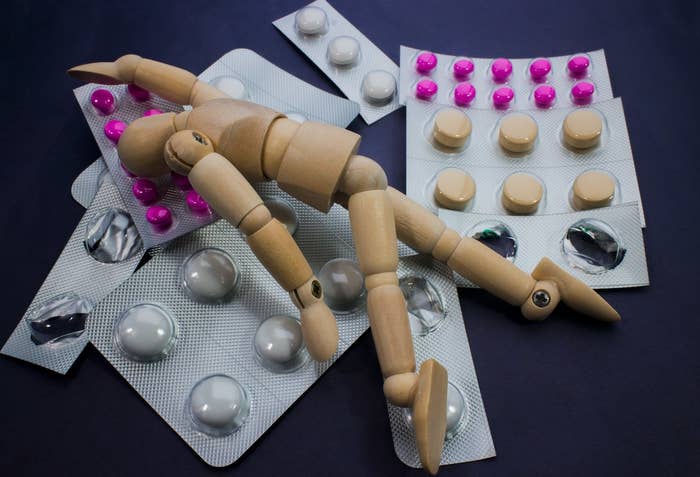1. Find out who's in charge - The admitting doctor typically coordinates care but may not always be around or reachable.

2. Check your wristband - Hospital staff should check your wristband each time they give you a drug, take a blood sample, or perform a test.

3. Monitor your meds - The Institute of Medicine estimates that on average, there's at least one medication error for every admitted patient, so before taking ANY drug ask why it's necessary, and what the dose is.

4. Guard against infection - Infections often come from dirty instruments, from improperly sterilized or handled catheters or needles, or from the contaminated hands of patients, doctors or other health-care workers.

5. Watch for unnecessary tests - Ensure you know the purpose of each test and how they may expose you to other side effects.

6. Get "just enough" pain relief - Patients often times report that their pain was not adequately managed and uncontrolled pain increases the risk of long hospital stays and complications. But too much of a pain reliever can slow recovery and increase the risk of falls.

7. Get moving - That can help prevent bedsores and blood clots that can form in leg veins. So when you're up to it, ask your nurse—or a friend or relative—to help you out of bed and, if possible, take a stroll.

8. Stay Warm - Body temperature drops by several degrees especially during surgery, this can impair immune function and blood flow and make infections more likely to happen. So ask your doctor if it makes sense to use a special surgical blanket or other technique to keep you warm.

9. Get autographed - while operations on the wrong patient or the wrong part of the body are becoming increasingly rare, they do happen. So make sure the surgeon knows who you are and initials the surgery site.

10. Stay alert - If you sense that something isn't right, trust your instincts and speak up. "When we go back and look at places where errors occurred we often find that the consumers' perception was spot on but their concerns weren't voiced or they were ignored," says Dr. Peter Pronovost of Johns Hopkins.


